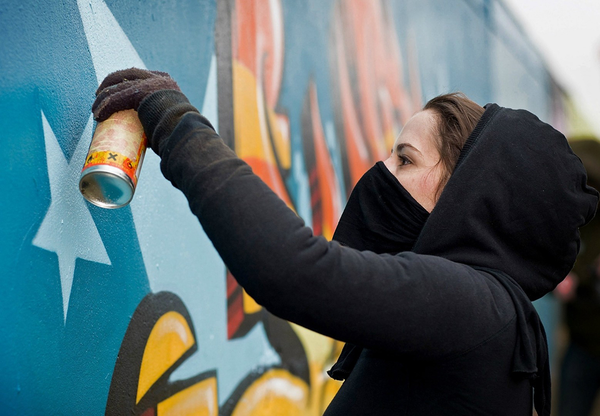Artist Relief create an emergency initiative to offer funds to artists across the United States.
By Ashmi Sheth
The presidents of Andrew W. Mellon Foundation and the Arison Arts Foundation; namely, Elizabeth Alexander and Sarah Arison, have joined with over 20 art groups to create Artist Relief, a $10 million national fund to support individual artists. Explaining the need for such supporting relief to individual artists, they write:
“In dark times, artists do more than provide light; they create it and sustain it. They help us see and understand what makes us human in the face of fear and uncertainty. They give us the words and songs and dances and images with which to mourn and exalt. Rather than give antidotes or easy solutions, artists illuminate the path forward and over and through life’s most challenging moments. […] these artists will be the chroniclers, interpreters, and illuminators helping us process and understand the implications of this unique moment in history we are living together.” Artnet.
Artist Relief is a coalition organized by the Academy of American Poets, Artadia, Creative Capital, Foundation for Contemporary Arts, MAP Fund, National YoungArts Foundation, and United States Artists. Artist Relief claims to distribute $5,000 grants to artists facing dire financial emergencies due to COVID-19; every week between now and September. They also clarify that the financial and informational resources would be provided irrespective of whether the artists produce new work during this crisis. They further state that their support for these artists “is not conditional or contingent; it is an investment in the future of these artists and in our country’s arts ecosystem.”
The artists eligible for the grant include musicians, playwrights, painters, poets, sculptors, dancers, filmmakers, novelists, and more—who often operate outside of institutions. Practicing artists from all fifty states, territories, and Tribal Nations, working in any discipline, are able to apply for the grant. The grant would be issued regardless of their citizenship status, given that they have generally lived and worked in the United States for the last two years. More information about the eligibility for grant access can be found here. This initiative has been created by keeping in mind the needs of approximately 2.5 million working artists in the United States, out of which roughly 34 percent were self-employed between 2012 and 2016.
These two women presidents of renowned Arts foundations, Elizabeth Alexander and Sarah Arison, have undoubtedly reaffirmed that women are more empathetic and altruistic than males (NCBI), and when in power, they can use this quality to make decisions for the betterment of humankind. Perhaps this is why, they were sensitive to the impact that the pandemic has had on the artists, whom they describe as “the people who connect us to our humanity.” As displayed on the A. W. Mellon Foundation website, over a dozen of the total funders are women.
One of the pioneering independent funding organisations in India, is the India Foundation for the Arts (IFA), that claims to have distributed over $3.5 million to over 600 projects in India since 1995, the year when they starting making grants. They have also started a fundraiser ‘Fund for Supporting Arts and Culture during COVID-19,’ where people’s donations will contribute to future grants; however, there is no specific mention of how these funds would help artists in such a situation of crisis.
Arts & Humanities is generally considered as a “women’s occupation,” with the Masters of Arts graduates displaying a sex ratio of 160 females for 100 males. A paradoxical situation is observed across the globe, with the number of women art graduates outnumbering men, but the number of practicing male artists outnumbering practicing female artists. This shows that not only are women underrepresented in the arts (with fewer women artists being able to exhibit their work in galleries) and discriminated against, but are also not encouraged or provided sufficient resources to be resilient enough to freely pursue their passion, without stressing about the financial input that artists are generally required to make, including art materials, marketing and rents for exhibitions. Artist Relief will hopefully benefit the women artists in the country, most of who are struggling and are self-employed.


